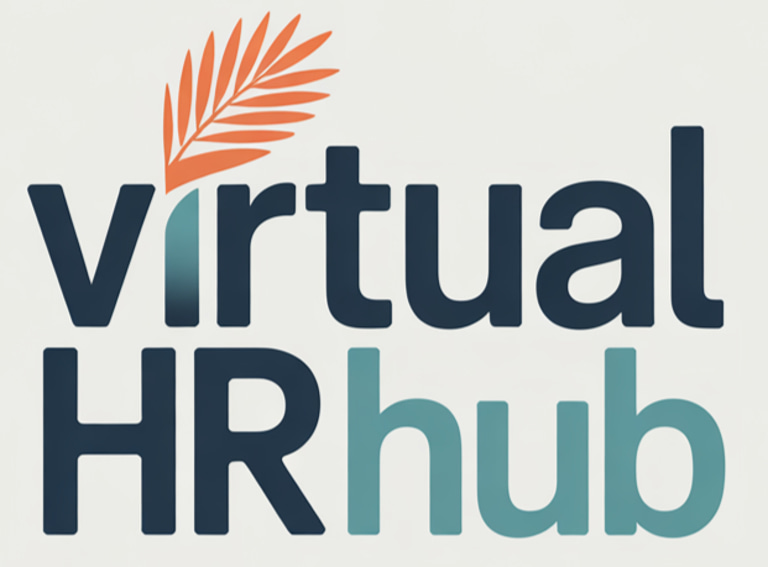Gen Z’s Job Crisis: How the Economy Is Failing an Entire Generation
They did everything right — and they’re still stuck. Gen Z went to college, built resumes, took unpaid internships, and checked every box society told them to. So why are so many living at home, working dead-end gigs, and delaying basic life milestones like marriage and independence? This isn’t just a Gen Z problem — it’s a generational betrayal. As an HR manager and father, I’ve seen firsthand how the system’s promise of “hard work equals success” has collapsed. What happened, and how do we fix it?
JOB SEARCHGEN Z
Jeremy Golan
8/1/20255 min read


I was born in the mid-80s, a child of baby boomers. My generation — the so-called elder Millennials — remembers a world where knocking on a friend’s door was the way to hang out, and your internet connection screamed at you through the phone line. We watched TV on giant box sets, and cell phones were bricks you needed both hands to hold. We grew up between two worlds — analog and digital — and learned how to adapt quickly.
Now, I’m an HR manager, a part-time teacher, and, oddly enough, a registered wedding officiant. I like to think I have my finger on the pulse of where people are heading, professionally and personally. And what I’m seeing now worries me deeply — not just as a professional, but as a parent.
The job market has always had its ups and downs, but what’s happening to Generation Z — those born between roughly 1997 and 2012 — is beyond a downturn. It’s a systemic collapse of opportunity. We need to talk about it.
A Digital Native Generation With High Achievements
Generation Z grew up immersed in technology. They’ve never known a world without high-speed internet, mobile apps, social media, and instant information. They learned to type before they could write in cursive. Their classrooms were equipped with smartboards and Chromebooks, and COVID only accelerated their digital adaptation. But this hasn’t translated into professional success.
By many metrics, Gen Z is the most educated generation yet:
According to Pew Research, over 57% of Gen Z enrolled in college after high school.
A report by StatCan in Canada shows a significant increase in graduate school enrollment by Gen Z students compared to Millennials at the same age.
They did exactly what they were told: get good grades, go to school, volunteer, build resumes, stack credentials. And yet? Many are now living at home with their parents, unable to afford rent — let alone entertain the idea of marriage or children.
Marriage and family, for most, has become a luxury reserved for the elite.
The Bitter Truth: It Was Never Really a Meritocracy
Let’s say it plainly: Gen Z has been sold a lie.
Universities promised upward mobility in exchange for tuition checks. Government policies framed student debt as an “investment.” Employers demanded degrees for entry-level roles that could be done with two weeks of on-the-job training. Now? There’s a Starbucks barista with a Master’s in Public Health, a Uber driver with an MBA, and a dental hygiene grad working part-time retail.
The labor market claims they're employed. But how do we count someone making $600 a week on a gig platform as "employed" in any meaningful sense? It’s creative math at best.
Even worse, we’ve turned higher education into a litmus test — a way to shrink massive applicant pools, not to train better workers. The university credential became the cover charge to enter a job lottery.
And it’s catching up with us:
College enrollment has dropped significantly since 2019 — down over 15% in the U.S., according to the National Student Clearinghouse.
International student enrollment in Canada and the U.S. has plummeted, as word spreads that degrees don’t equal jobs.
This system serves few beyond those born into wealth. The children of the elite? They have Ivy League prep coaches and legacy admissions. They’ll always be fine.
For the rest of Gen Z, the deck was stacked from the start.
Fake Advice and Obsolete Guidance
I’ve sat through more than a few career panels where older generations hand out advice like candy:
"Apply in person." — Most places won’t let you past security without a QR code appointment.
"Give a strong handshake." — If you ever get to meet the hiring manager, sure. More often, you’re filtered by AI or ghosted entirely.
"Be loyal to the company, and it will be loyal to you." — Corporate loyalty today means you get to train your replacement after a merger.
None of that reflects the reality of this job market. What worked in 1985 doesn’t hold water in 2025.
Instead, Gen Z is carving out their own circles — freelancing, content creating, starting micro-businesses. They’re turning to platforms like Etsy, Twitch, and Substack. They’re building communities online that substitute for a broken economy.
I know a young woman, Serena, who graduated with a double major in marketing and international business — speaks three languages, did two internships, 3.9 GPA. She now runs a secondhand clothing store on Instagram. She told me, “I gave up applying. There were 2,000 people applying for $19/hour admin jobs. This pays me less, but at least it’s mine.”
Nepotism, Bureaucracy, and a Raised Entrance Fee
It’s hard not to feel like the system is rigged.
Hiring has become more about who you know than what you know. Recruiters admit that 70% of roles are filled through referrals. Nepotism isn't just alive — it's thriving. Meanwhile, those without elite networks are left filling out endless job applications and getting ghosted by HR bots.
Even well-meaning initiatives like DEI are sometimes co-opted to maintain gatekeeping power structures. They’re used to deflect criticism or meet quotas — without addressing deeper inequities like unpaid internships, algorithmic bias, and the crushing cost of living.
The entrance fee to “success” has gone up. It’s not just education — it’s unpaid labor, expensive networking events, multi-page portfolios, and a deep tolerance for uncertainty. Few can afford it.
Gen Z is Not Lazy — They're Adapting
It’s easy for older generations to dismiss Gen Z as entitled or soft. But what I see is resilience in the face of a system that set them up to fail.
Many are embracing entrepreneurship — not out of choice, but survival. They're monetizing hobbies, creating digital services, running side hustles. They’re building economic ecosystems out of sheer necessity.
"We are not lazy — we are resourceful in a world that doesn’t want us," said Jamal, a 24-year-old I mentor who built a web design side business after 300 job applications led nowhere.
In some ways, this mirrors what’s happened across the world: when the formal economy closes its doors, informal economies rise. Side hustles aren’t luxuries — they’re lifelines.
What Older Generations Must Do
As someone with two decades in HR, I say this with urgency: Stop giving abstract, feel-good nonsense as advice.
Instead:
Offer real referrals, not just likes on LinkedIn.
Be transparent about how hiring actually works.
Advocate for fair wages, remote options, and paid internships.
Mentor with specifics, not slogans.
Acknowledge that the economy has changed.
If you’re in a position of power, open the door. Don’t tell them to "knock harder."
Learning from Gen Z
Gen Z isn’t just reacting to crisis — they’re innovating despite it.
They’ve taught us that work can be asynchronous, that communities can be global, and that creativity can be currency. They value wellness, flexibility, and impact — not just clocking in and out. They question authority, challenge outdated norms, and push back against performative structures.
That makes some people uncomfortable. But discomfort can be the beginning of change.
As a father, I worry. As a manager, I listen. As a human, I hope.
Gen Z was not asked to be born into this mess. They inherited it. What they deserve is not just our empathy — but our action.
Final Thoughts
This is not just a Gen Z problem — it’s a preview of what’s coming for Gen Alpha, Beta, and beyond. If we don’t redesign education, hiring, and the way we value labor, we’ll keep raising generations with less opportunity than the last.
We owe them better.
“The future is already here — it’s just not evenly distributed.” — William Gibson
Let’s change that. Not with platitudes. With policies. With support. With truth.
Author Bio Jeremy Golan is a Millennial HR Manager, teacher, and registered wedding officiant. He helps small businesses stay compliant and ethical, and he advocates for a future where talent and effort matter more than connections and privilege.
Want help building systems that actually support the next generation of workers? Reach out at Virtual HR Hub.
Your total HR Solution!
We take care of the "heavy lifting" so you can soar!
Support
Certified, experienced and insured.
924 N. Magnolia Ave, Suite 202-5448
Orlando, FL 32803
© 2025. All rights reserved.
